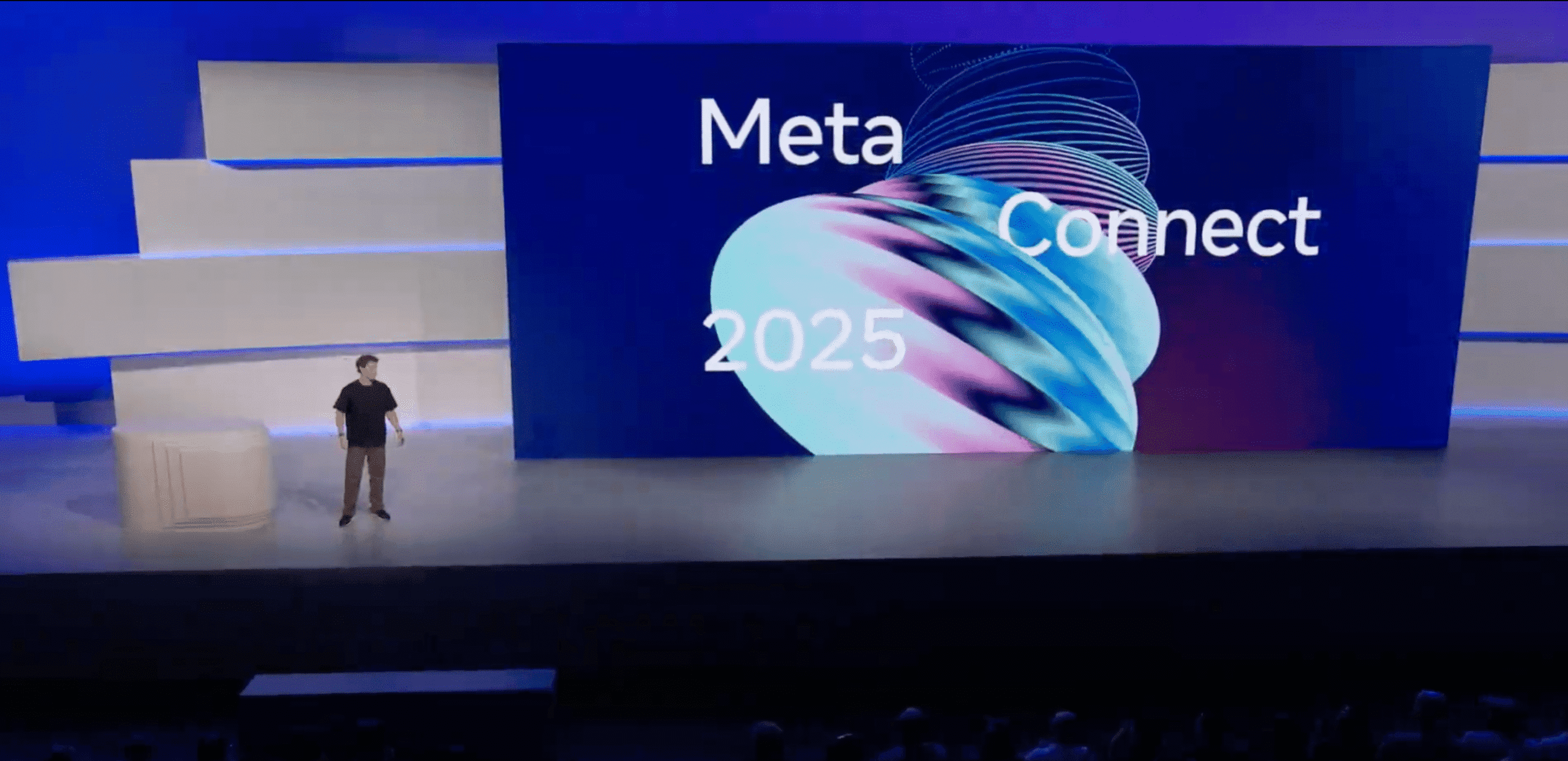Disney’s decision to pull Jimmy Kimmel Live! off the air indefinitely has sparked significant controversy, particularly in light of the circumstances surrounding the move.
Background on the Incident
The decision to suspend Jimmy Kimmel Live! comes in the wake of comments made by Kimmel during a recent monologue, where he addressed the alleged shooter of conservative commentator Charlie Kirk. Kimmel’s remarks, which characterized the shooter as part of the “MAGA gang,” drew the ire of Brendan Carr, the chairman of the Federal Communications Commission (FCC). Carr’s reaction was swift and severe, threatening to revoke the broadcast licenses of stations airing Kimmel’s show if the comments were not addressed.
This incident highlights the ongoing tensions between political discourse in media and regulatory oversight. The FCC, under Carr’s leadership, has increasingly taken a proactive stance in regulating content that it deems objectionable. This has raised questions about the boundaries of free speech and the role of government in moderating public discourse.
The Controversial Monologue
In the monologue that led to Kimmel’s suspension, he stated, “We hit some new lows over the weekend, with the MAGA gang desperately trying to characterize this kid who murdered Charlie Kirk as anything other than one of them and doing everything they can to score political points from it.” This statement, made shortly after the two-minute mark in the clip, was perceived by Carr as an attack on the political right, prompting his threats against broadcasters.
The clip of Kimmel’s monologue remains available on YouTube, allowing viewers to assess for themselves whether the remarks warrant such a drastic response. Many observers have questioned whether Kimmel’s comments were indeed harmful or simply part of the broader landscape of political satire that has become commonplace in late-night television.
The Role of the FCC
Brendan Carr’s actions are not unprecedented; he has a history of using his position to influence the content of broadcast media. For instance, he previously suggested that CBS’s cancellation of Stephen Colbert’s late-night show was linked to the company’s merger with Paramount, implying that the decision was made to appease regulatory concerns. This pattern raises concerns about the potential for government overreach in regulating speech and the implications for media independence.
The FCC’s mandate includes ensuring that broadcast content adheres to certain standards, but the criteria for what constitutes “objectionable” content can be subjective. Critics argue that this subjectivity can lead to censorship and stifle free expression, particularly in politically charged environments.
Stakeholder Reactions
The reactions to Kimmel’s suspension have been varied, with some supporting the decision while others view it as an infringement on free speech. Supporters of Carr’s stance argue that Kimmel’s comments were irresponsible and could incite further division in an already polarized political climate. They contend that public figures, especially those with significant platforms, have a responsibility to be mindful of their words.
Conversely, many in the entertainment industry and free speech advocates have condemned the FCC’s actions as a form of censorship. They argue that Kimmel’s comments fall within the realm of political commentary and satire, which should be protected under the First Amendment. The backlash against Carr’s threats has been vocal, with numerous commentators and social media users expressing their discontent.
Implications for Late-Night Television
The suspension of Jimmy Kimmel Live! raises broader questions about the future of late-night television and the role of political commentary in entertainment. Late-night shows have long served as platforms for political satire and critique, often reflecting the prevailing sentiments of the public. However, as regulatory scrutiny increases, the ability of hosts to speak freely may be compromised.
In an environment where broadcasters are wary of potential repercussions from regulatory bodies, there may be a chilling effect on the content produced by late-night shows. Hosts might self-censor to avoid backlash, leading to a less vibrant and diverse landscape of political commentary. This could ultimately diminish the role of late-night television as a space for critical discourse and satire.
Public Discourse and Media Responsibility
The incident also raises important questions about the responsibilities of media figures in shaping public discourse. With the rise of social media and the 24-hour news cycle, the lines between entertainment and news have blurred. Public figures, including comedians and late-night hosts, wield significant influence over their audiences, and their words can have real-world consequences.
As such, there is an ongoing debate about the balance between free expression and the potential for harmful rhetoric. While satire and political commentary are essential components of a healthy democracy, they must be weighed against the responsibility to avoid inciting violence or division. This delicate balance is increasingly difficult to navigate in today’s hyper-polarized environment.
Future of Regulatory Oversight
The FCC’s actions in this case may set a precedent for how regulatory bodies approach content moderation in the future. If the commission continues to exert pressure on broadcasters to conform to specific political narratives, it could lead to a more homogenized media landscape. This could stifle diversity of thought and limit the range of voices represented in public discourse.
Moreover, the implications extend beyond late-night television. Other forms of media, including news outlets and online platforms, may also face increased scrutiny and pressure to align with regulatory expectations. This could lead to a more cautious approach to reporting and commentary, ultimately impacting the quality of information available to the public.
Conclusion
The suspension of Jimmy Kimmel Live! serves as a critical moment in the ongoing dialogue about free speech, media responsibility, and regulatory oversight. As the landscape of political commentary continues to evolve, the actions of figures like Brendan Carr will undoubtedly shape the future of media and public discourse.
As audiences reflect on the implications of this incident, it is essential to consider the broader context of free expression and the role of government in moderating speech. The balance between protecting free speech and ensuring responsible discourse remains a complex and contentious issue, one that will continue to be debated in the coming years.
Source: Original report
Was this helpful?
Last Modified: September 18, 2025 at 5:40 am
1 views















